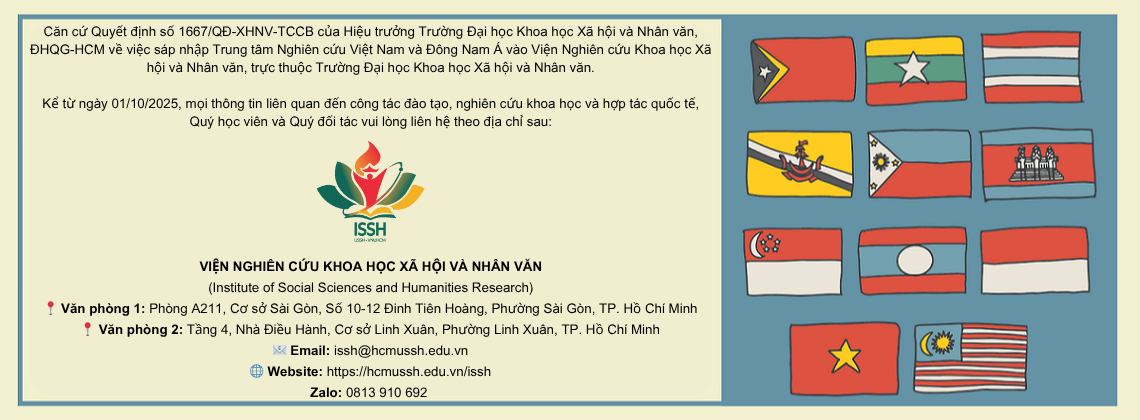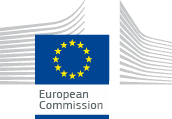SCIENTIFIC SEMINAR - PROMOTING MULTICULTURAL VALUES AND THE POTENTIAL TO BUILD A CULTURAL AND CIVILIZED URBAN LIFESTYLE OF MULTICULTURAL FAMILIES IN HO CHI MINH CITY
, 26/07/2024 10:07On the morning of July 25, 2024, the Scientific Seminar "Promoting multicultural values and the potential to build a cultural and civilized urban lifestyle" took place at the University of Social Sciences and Humanities, VNUHCM.
A minute's silence was observed and dedicated to General Secretary Nguyen Phu Trong before the opening ceremony
The seminar was attended by representatives of departments, People's Councils, scientists, university lecturers, socio-political and professional associations, graduate students, and postgraduate students specializing in Anthropology, Cultural Studies, International Relations, etc.
In the opening speech, Dr. Phan Thanh Dinh, Vice President of the University of Social Sciences and Humanities, VNU-HCM, emphasized that the seminar is an important academic forum to create opportunities for experts, researchers, and policy makers to present multidimensional perspectives, jointly analyze and seek effective solutions to promote the potential and leverage the value of this special resource, as well as reduce conflicts arising from differences. This will contribute to building a civilized urban cultural lifestyle and developing Ho Chi Minh City into a smart, civilized, and modern city.
Dr. Phan Thanh Dinh giving opening ceremony's speech
Dr. Nguyen Minh Nhut, Deputy Head of the Culture-Society Committee, Ho Chi Minh City People's Council
Dr. Nguyen Nu Nguyet Anh analyzed the impact of multiculturalism on multicultural families in Korea and suggested a model that Vietnam can refer to, based on Korea's experience.
Dr. Nguyen Nu Nguyet Anh
Ms. Le Thi Bich Nga, the President of the Vietnam-Korea Women's Association of Ho Chi Minh City
In his paper titled "Socio-cultural life of Vietnamese-Indian multicultural families in Ho Chi Minh City," Mr. Le Vinh Thao commented that the practice of vegetarianism has brought sustainable values to the relationship between Vietnamese-Indian families. The cultural exchange between Vietnamese and Indian families and individuals through vegetarianism has had many positive impacts, including acceptance and mutual respect between both families, support from spouses for cultural diversity, and encouragement of healthy lifestyles in the workplace. All of these contribute to creating a diverse, friendly, and humane social and working environment. These values not only enrich individual lives but also contribute to building a sustainable community and society.
Mr. Le Vinh Thao
MSc. Nguyen Huu Nhon, Dr. Ho Ba Tham, and Mr. Pham Van Tuyen focused on solutions to promote the role of multicultural families, with policy being an important factor and people being the key factor.
Mr. Nguyen Huu Nhon
MA. Ta Thi Lan Khanh
Mr. Pham Van Tuyen
Dr. Ho Ba Tham emphasized the importance of building quality multicultural families and provided four recommended solutions. These solutions include focusing on cultural behavior and language, improving socio-economic conditions for high-quality multicultural families, promoting the potential of cultural diversity and richness within multicultural families, and refining policies and laws to ensure the humane development of multicultural families that are strong, sustainable, and have a strong identity within the broader Vietnamese family.
Dr. Ho Ba Tham
The workshop also received valuable comments from Associate Professor Dr. Nguyen Manh Hung and Professor Chung Hoang Chuong. They shared their expertise on migration, immigration, cultural values, identity, conflict, adaptation, and cultural integration...
Researcher Chung Hoang Chuong
Assoc.Prof.Dr. Nguyen Manh Hung
Photos of the seminar:

Assoc.Prof.Dr. Phan Thi Hong Xuan
.jpg)
.jpg)














